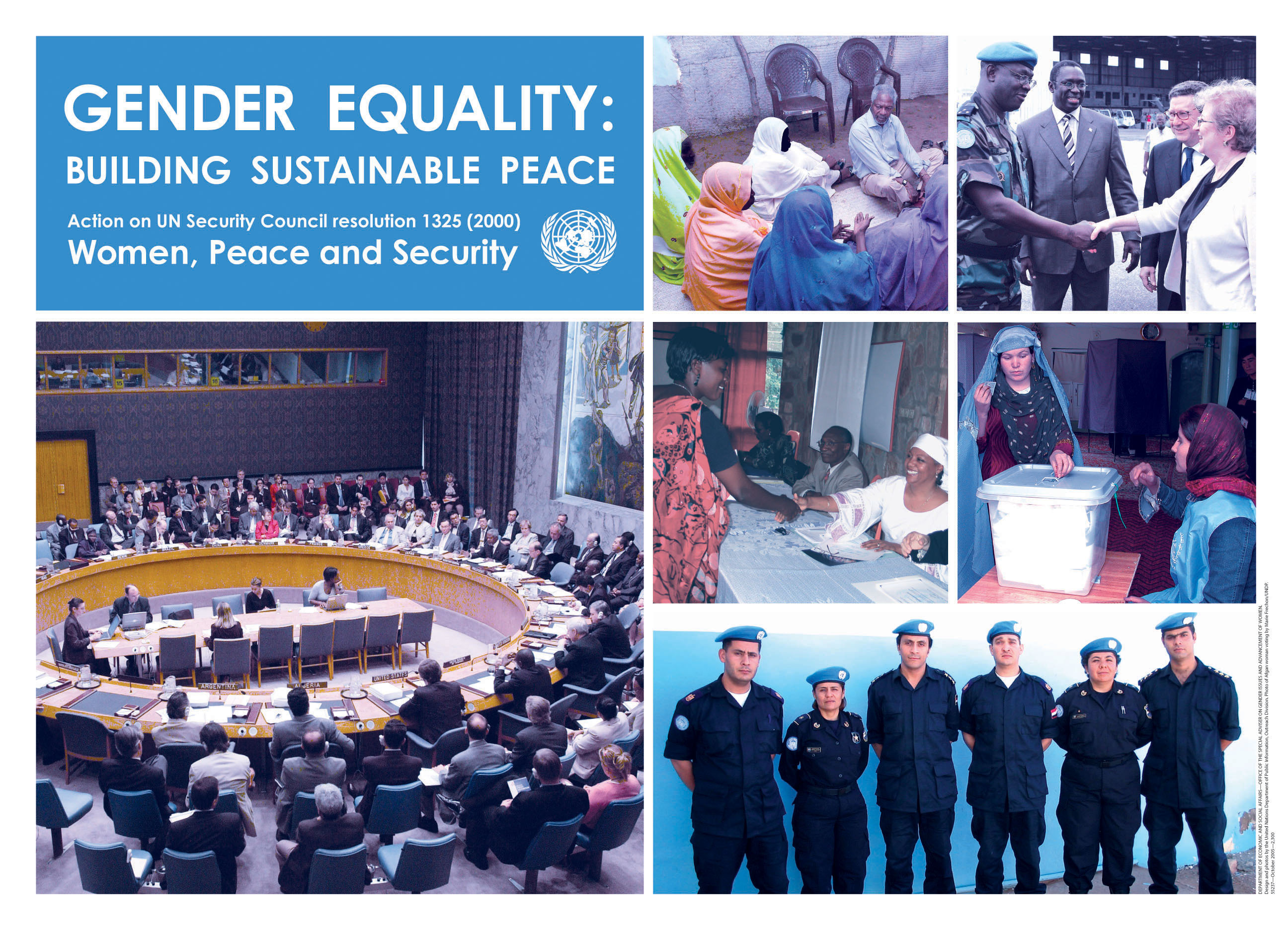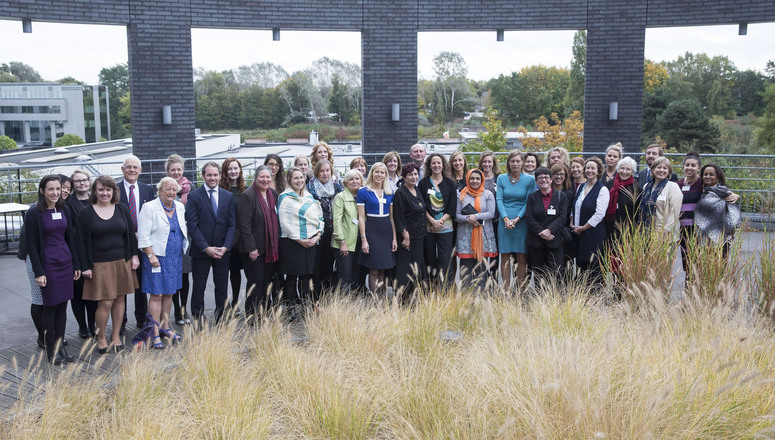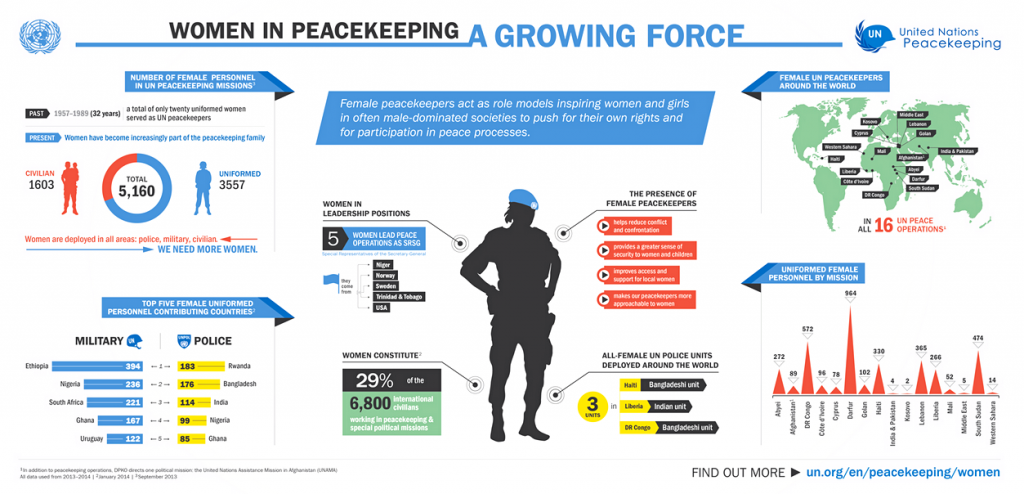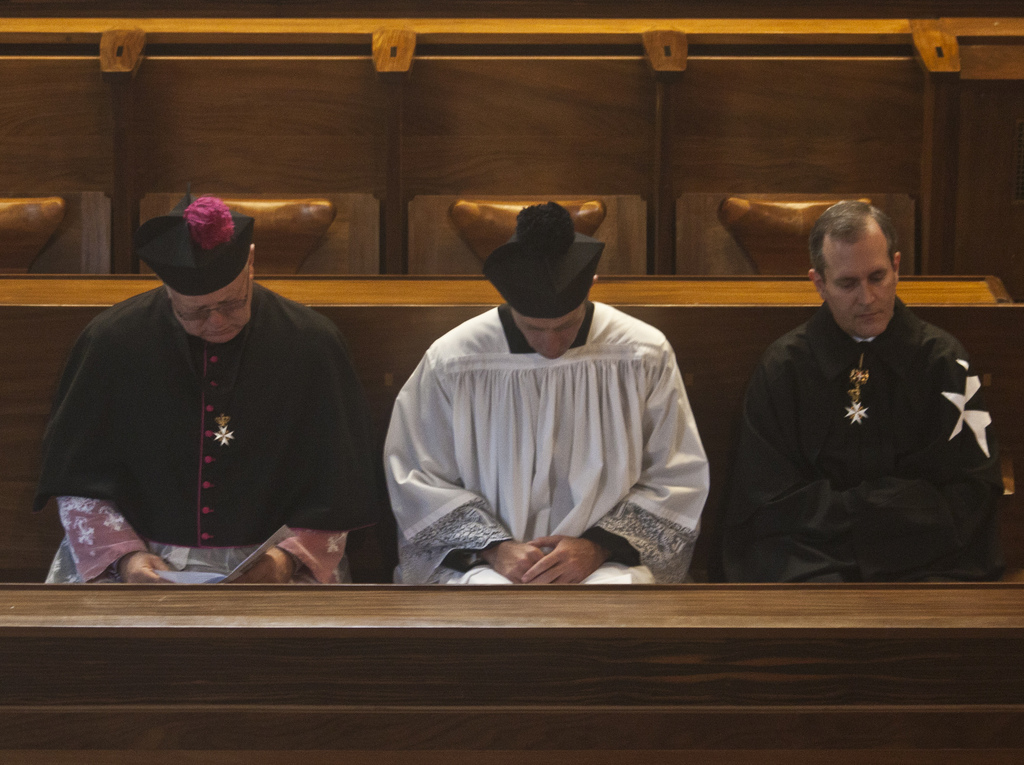Gender equality and the empowerment of all women and girls are some of the United Nations Millennium Development Goals that we need to achieve a more equitable world. Women and girls suffer discrimination and violence in every part of the world, but their situation in armed conflict countries is much worse.
Women and girls’ inequality in violent contexts and armed conflicts increase several times over because they must face the structural gender-based discrimination they experience (as problems to access to education, health care, decent works and lacks of representation in political and economic decision-making process) added to their situation as armed violence victims. Armed conflicts use to take place in countries that are not considered as good places to be a woman or girl due to their high rates of gender-based violence, human rights violations or the endemic poverty, so the discrimination that women and girls must deal with in those situations and as refugees is terrible.
Related article: “MILLENNIALS AND THE SDGS“
The United Nations Security Council adopted Resolution 1325 on women, peace and security on October 2000 as a landmark in promoting critical attention to gender perspectives in the peace and security work of the international community.
Resolution 1325 recognizes the additional suffering of women and girls in violent contexts, armed conflicts and post-conflict situations and states the essential role of women in the prevention and resolution of conflicts, peace negotiations, peace building, peacekeeping, humanitarian response and in post-conflict reconstruction. Furthermore, Resolution 1325 emphasizes the relevance of women participation and full involvement in all the required actions for the maintenance and promotion of peace and security.
 In the Photo: “Gender equality: Building sustainable peace. Action on UN Security Council Resolution 1325 (2000). Women, Peace and Security. Photo Credit: UN/ Women Watch
In the Photo: “Gender equality: Building sustainable peace. Action on UN Security Council Resolution 1325 (2000). Women, Peace and Security. Photo Credit: UN/ Women Watch
It also urges all actors to increase the incorporation of gender perspectives in all United Nations peace and security efforts and calls to all parties in armed conflict situations to take special measures to protect women and girls from gender-based violence, particularly rape and others forms of sexual abuse.
Since it was adopted, Resolution 1325 has made some progress, as the commitment of the Security Council and United Nations system and agencies, NATO and other international organizations and countries to enable the Resolution application and monitoring. Several countries have adopted UNSCR 1325 National Action Plans to make possible the application of the Resolution at the national level. But, there is a lot of work to be done.
Women, peace and security matters must be positioned in a central international community agenda. Several international organizations and civil society are working on the UNSCR 1325 with the aim to raise international community awareness about the risks and challenges for women and children in conflict zones and about the required increase of more women leadership in international security positions and Armed Forces.
In this sense, as some key examples of the international organizations actions we could underline the United Nations adoption of several resolutions providing a framework for implementing and monitoring the women, peace and security agenda and the NATO new Civil Society Advisory Panel on Women, Peace and Security creation, whose first meeting took place on 18 October 2016 in Brussels. The Panel counts on the participation of women working on conflict prevention and resolution, security and women´s empowerment from grassroots activism to national and international policy. As the Spanish civil society representative in the NATO Civil Society Advisory Panel, the organization I have the honor to collaborate with is the Spanish Women in International Security.
In the Photo: Portraits of participants at the First Annual Meeting of the NATO Civil Society Advisory Panel (CSAP) on Women, Peace and Security (18 October 2016). Photo Credit: Erik Luntang / NATO
Civil society work in women, peace and security is critical to accelerate the achievement of the Resolution 1325 and related resolutions goals. We can find around the world great organizations as Women´s International League for Peace and Freedom and Women in International Security with their national sections and international affiliates and academic centers as the Centre for Women, Peace and Security of the London School of Economics and Political Science.
Security Council Resolution 1325 advocacy is imperative to ensure that women, peace and security affairs and the implementation of Security Council resolutions on women, peace and security are fully incorporated into the policy and operational working agenda of United Nations actors and at the countries national levels.
Also, it´s very important to underline that men’s involvement in women, peace and security issues is totally required because it´s not about women rights, it´s about global and human rights. Women, peace and security also require a commitment from men.
In order to achieve women, peace and security’s goals, it´s essential to increase political empowerment for women and engagement at all levels of the decision-making process, generating a more effective and credible justice and security environment for women and girls after conflicts and economic resources to support them in recovery processes.
Proposed recovery budgets in post-conflict countries situations must identify spending priorities addressing women´s and girl´s needs. Employment generation programs to revitalize post-conflict economies still tend to privilege employment for men and there is inadequate investment in women´s property rights prospects. So, multi-donor trust funds in post-conflict countries must finance gender equality on women´s empowerment projects.
Sexual and gender-based violence in violent situations, armed conflicts and post-conflict countries is rampant and often continues unabated after peace deals are settled due to insufficient investment in protection and prevention strategies and the lack of justice and security institutions.
 In the Photo: “Women in peacekeeping. A growing force” Photo Credit: UN
In the Photo: “Women in peacekeeping. A growing force” Photo Credit: UN
It´s necessary to strengthen women’s presence as leaders in peace construction; to increase the number of women on military contingents and police working on peacemaking and peacekeeping operations and gender equality training for Armed Forces and States Security members; to apply a zero-tolerance policy with respect to civil workers and military forces working in International Peace Missions; to count on special budgets for women, peace and security in the Official Development Aid Assistance and that negotiation talks and peace agreements contain female representation and specific provisions on women’s rights and needs.
And at the nationals levels, countries must continue launching, supporting and monitoring Resolution 1325 National Actions Plans. As of January 2017, 63 nations have created a National Action Plan on Resolution 1325. They should promote good practices, tools and guidance on women, peace and security and target key external audiences to raise public awareness on women, peace and security issues.
In conclusion, gender equality is essential to achieve a peaceful, prosperous and sustainable world. As former UN Secretary-General Ban Ki-moon said at the launch of the Open Days on Women, Peace and Security in conflict-affected areas organized by the UN to commemorate the 10th anniversary of the Resolution 1325, “sustainable peace is possible only with women’s full participation – their perspectives, their leadership, their daily, equal presence wherever we seek to make and keep the peace”.
Recommended reading: “CULTURE AND LAWS PREVENT SOCIAL JUSTICE FOR WOMEN AND GIRLS IN NORTH AFRICA“













